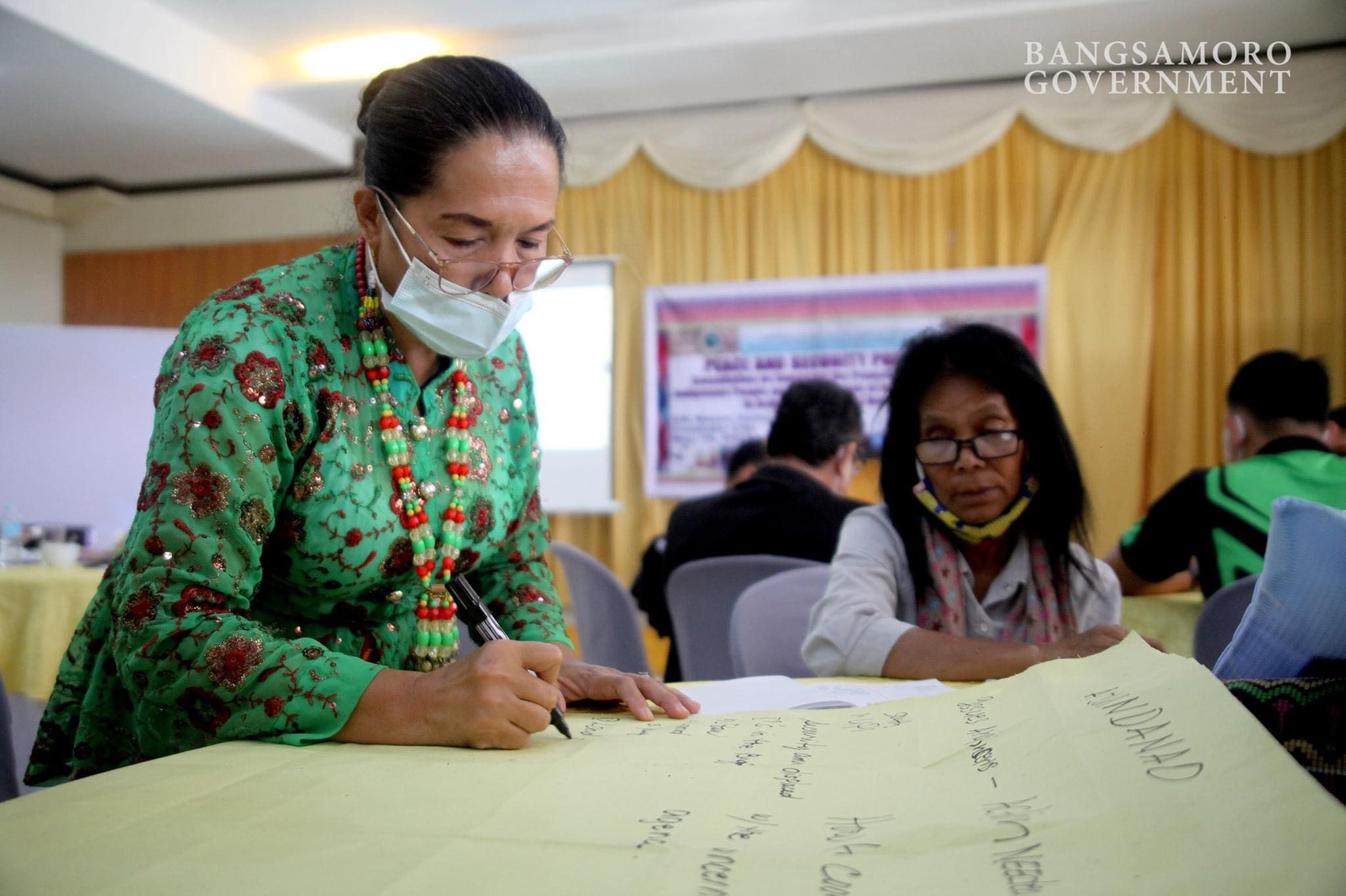COTABATO CITY—Ministry of Indigenous Peoples Affairs (MIPA) is maximizing Indigenous Peoples’ (IPs) participation in the promotion of peace and development in Bangsamoro region through the conduct of 1-day Peace and Security Pre-Summit on Wednesday, May 19, in Cotabato City.
A strategic and collective action planning and setting up of mechanisms to promote inclusive peace throughout the region was made during the pre-summit activity as preparation for the Bangsamoro Peace and Security Summit on Monday, May 24.
The summit dubbed “Consultation on Enhancing the Protection of the Rights of Indigenous People and Potentials of Indigenous Mechanisms in Achieving Peace and Development” was attended by representatives of IPs from the provinces of Maguindanao, Lanao del Sur, Basilan, Tawi-Tawi, Sulu, and the city of Cotabato.
MIPA Minister Melanio Ulama emphasized that the tri-people, includingMoro, Christian, and indigenous peoples, have the same experiences when it comes to armed struggle.
“This armed struggle lasted for 40 years, pagkatapos ng usaping pang kayapaan, ang tri-people ay masayang-masaya dahil ibinigay na sa atin ang matagal ng hinihiling na kapayapaan at matagal ng minimithi, una na dito ang Comprehensive Agreement for Bangsamoro (CAB),”said
“Tayong mga tri-people ay dumanas ng maraming pagsubok ngunit di tayo nagpatinag doon kung kaya’t intindihin natin ang bawat isa, mag-usap tayo puso sa puso at anu man ang [iyong] relihiyon tayo ay magkakapatid ,” he stressed.
As stated in the 1987 Philippine Constitution Section 5, Art XII, the State, subject to the provisions of this Constitution and the national development policies and programs, shall protect the rights of indigenous cultural communities to their ancestral lands to ensure their economic, social, and cultural well-being.
“At ngayon nakikita at nararamdaman namin na kailangan ng aming mga nasasakupan ng tulong, yan ang pagsisikapan ng ating regional government at magtulungan tayo,” he added.
Each province identified and presented issues and concerns of their respective areas to different ministries. Some of these included the lack of land ownership title, land conflict due to ancestral domain, security among the displaced IPs, the crisis in IPs community, disorganized/absence of the competent leaders, lack of government financial sustainability, lawless element recruitment, IP employment and low-cost salary, free board exam, and absence of tertiary level-school building and scholarship offering for the Badjao.
The MIPA and other ministries pledged commitment to exert effort and actions to the identified issues and concerns that will help the IP communities.
Also, the ministries offered different services to help the IPs, including free land titling, Indigenous Peoples Education (IPED), legal and free consultants, and trainings to become a member of military troops for qualified IPs.
This activity was co-led by Ministry of Basic, Higher and Technical Education (MBHTE), with the Ministry of Environment, Natural Resources and Energy (MENRE), Ministry of Public Order and Safety (MPOS), Ministry of Labor and Employment (MOLE), and Ministry of Transportation and Communication (MOTC) as members. (Bangsamoro Information Office)
![]()








